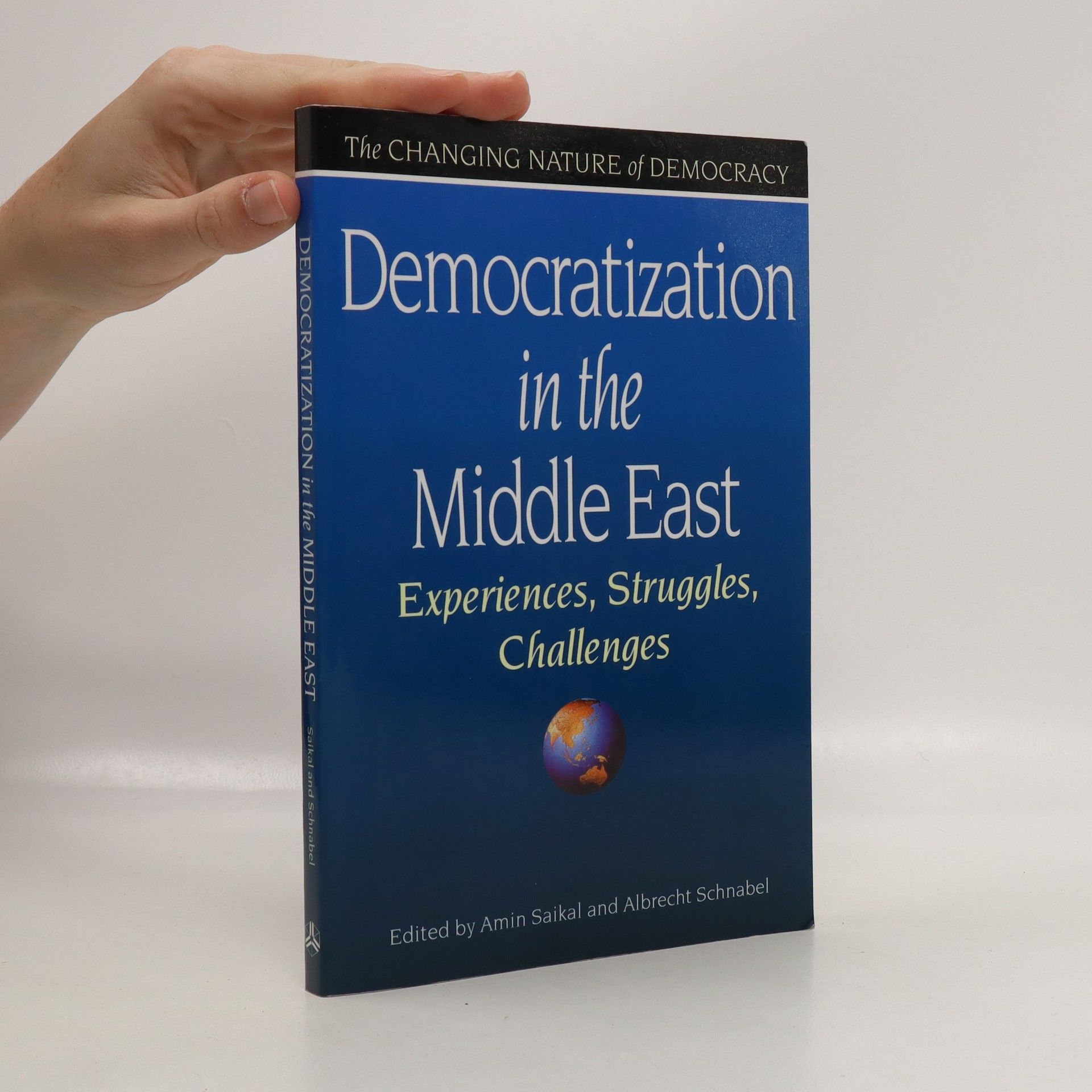Democratization in the Middle East: Experiences, Struggles, Challenges
- 240bladzijden
- 9 uur lezen
Democratization in the Middle East addresses a number of key issues determining the success or failure of sustainable democratization in the region. With the exception of Israel, the constituent states cannot yet guarantee a path toward sustainable democracy. If anything, movement toward political, economic, and cultural liberalization has thus far brought instability and violence to the region, as traditional and religious values conflict with secular ethics, norms, and practices. Drawing on analyses of Iran, Iraq, Jordan, Lebanon, and Syria—as well as the North African nations of Algeria, Libya, Morocco, and Tunisia—this book examines patterns of democratization; the relationship between civil society and the state; the impact of Islam and Islamic movements; and the interdependence of development, peace and democratization, and political and economic transition. The contributors conclude that, in order to advance democratization processes throughout the region, reforms must be gradual and must be organized and monitored from the top, while supplemented by a similarly gradual process toward the establishment of a broad-based and broadly supported civil society. Only such gradual reform processes will be successful in creating participatory, just, peaceful, and stable societies in the Middle East. Contributors include Kamel S. Abu Jaber, Tom Pierre Najem, Etel Solingen, Gerald Steinberg, Majid Tehranian, and Mark Tessler.
